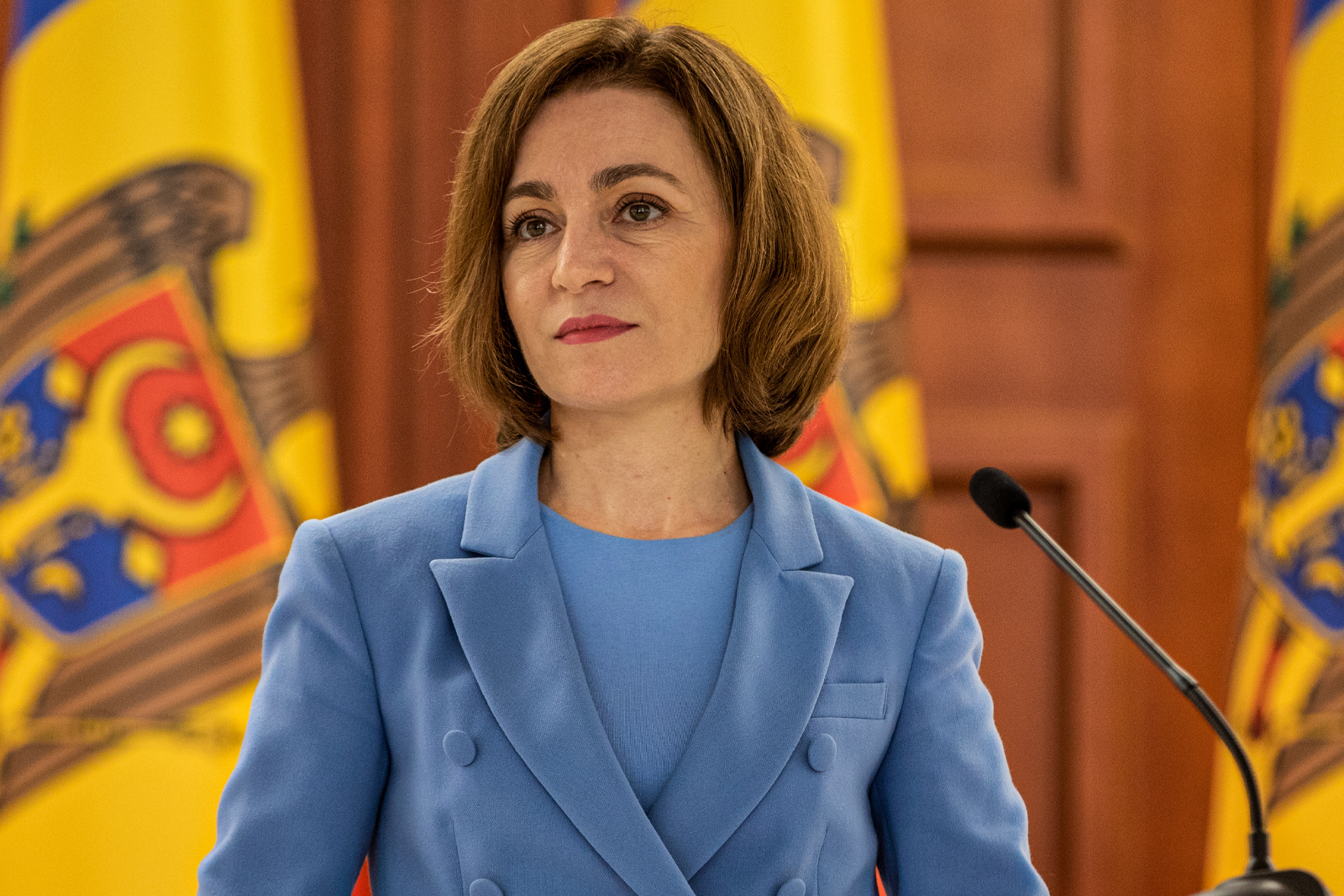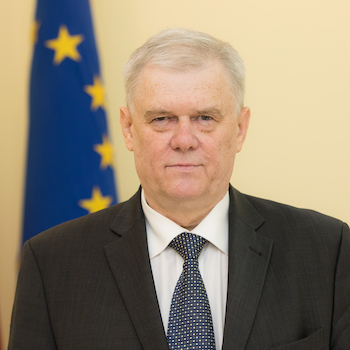
Moldova’s EU Aspirations: The Cost of Suppressing Democracy
Moldova’s long-awaited accession to the European Union ought to be a moment of celebration among fellow Moldovans, a celebration of how far the country has come since its independence in 1991. However, there is a deep and justified sense of unease among Moldovans about the methods used by the government to pursue European integration. In the years leading up to accession negotiations, Maia Sandu’s ruling government has resorted to suppressing media, banning political parties, and introducing censorship laws, all under the guise of combatting disinformation.
Let’s be clear: there is no doubt that tackling disinformation is a critical issue across Moldova and wider Eastern Europe, yet the complete absence of transparency and accountability when countering this threat cannot be tolerated. A state requires a diversity of expression across politics, media, and civil society to exist as a true democracy, and Moldova risks losing its democratic status if Sandu continues down this path.
Having witnessed the recent elections in the UK and France, both free and fair elections embodying democratic ideals to which the rest of Europe should aspire, I am filled with deep concern about the upcoming Moldovan presidential elections. Already, there have been blatant instances of political suppression, with the opposition “ȘANSĂ” or Chance party, being banned in a decision that was later deemed as unconstitutional by Moldova’s Supreme Court. The Council of Europe has openly criticised the decision to ban the Chance party, arguing that it did not fully respect the principle of proportionality, with no evidence provided for the ban.
The Council of Europe and the OSCE have gone on to explicitly recommend that the government review the extensive rights of the Commission for Exceptional Situations (CES). The CES is a government body within Moldova that has been given extraordinary executive powers since the state of emergence was called following the outbreak of the Ukraine war.
The CES has come under huge international criticism from NGOs such as Amnesty International and Stop Media Ban for its role in effectively monopolising the media landscape to censor any criticism of Sandu’s government. So far, over 20 media outlets in Moldova have been shut down without any judicial review, while a new anti-treason law has been recently passed that broadens the definition of high treason, leaving the interpretation open to abuse and criminalisation of views and opinions that should be protected under international law.
While the threat of Russian influence is real, the Moldovan government’s opaque handling of this issue starkly contrasts with the EU’s values of transparency and the rule of law.
Moldova must adopt constructive and proactive strategies to combat disinformation without compromising democratic freedoms. Finland, for instance, has ranked first among 35 European countries in resilience against disinformation for the past five years by prioritising education and, above all, transparency in protecting democratic debate. There has been a hugely effective campaign to improve media literacy among young Finns to combat fake news campaigns, which has allowed the country to resist harmful disinformation whilst crucially maintaining a censor-free media landscape. This is the example that Moldova should follow, and not by emulating media bans that are more in line with Putin’s Russia than the European Union.
Ultimately, Moldova must create an environment where critical voices are heard, and political competition thrives. To truly flourish in the European Union, Moldova must stand firm as an independent nation that champions democratic values. Only by embracing transparency and education over censorship, can my country proudly emerge as a modern, democratic beacon on the world stage.

